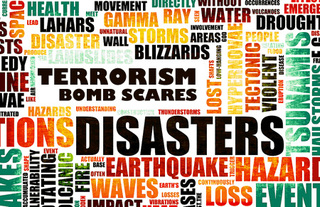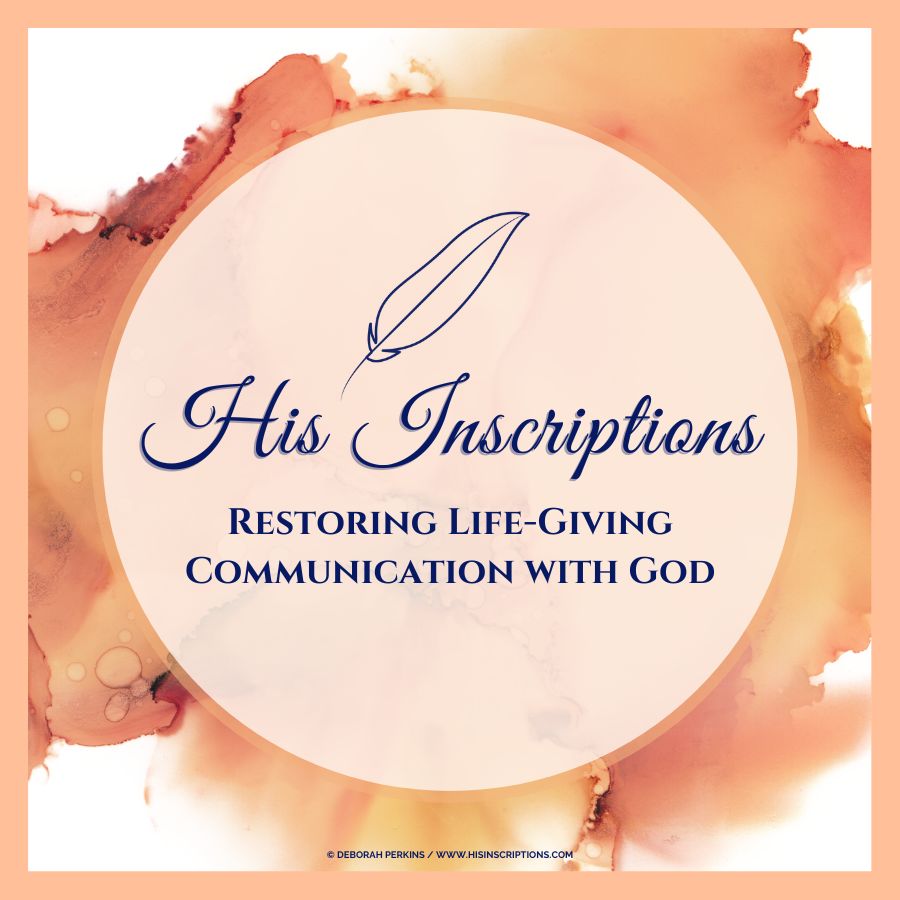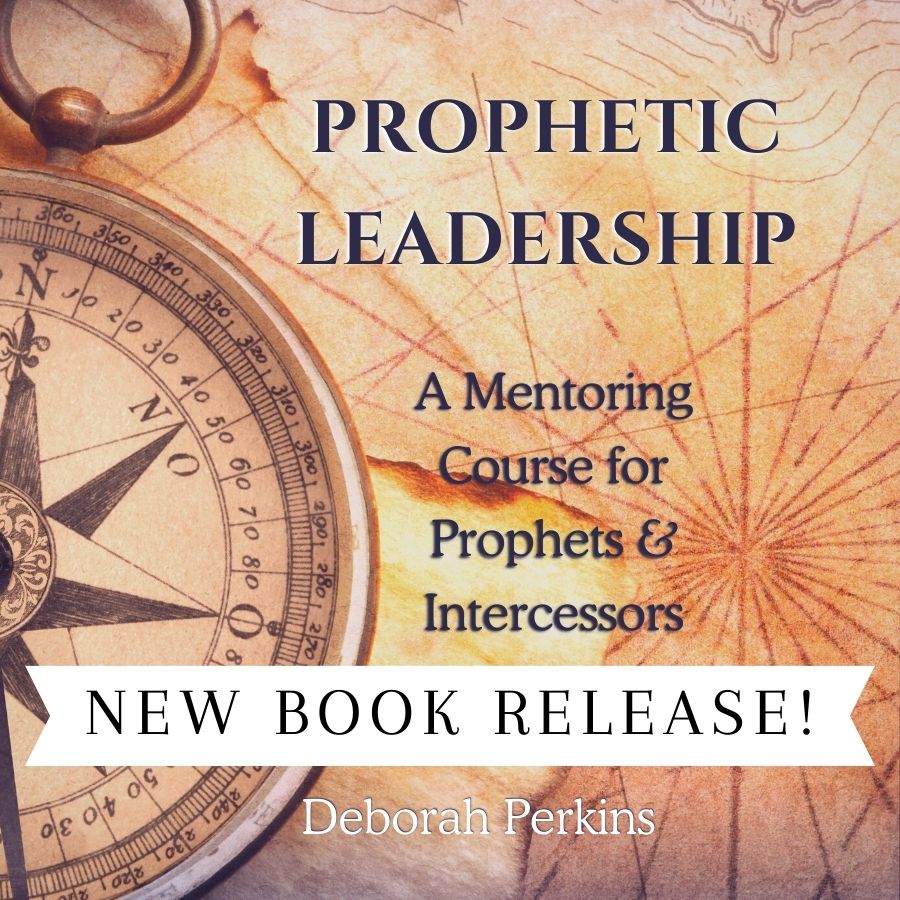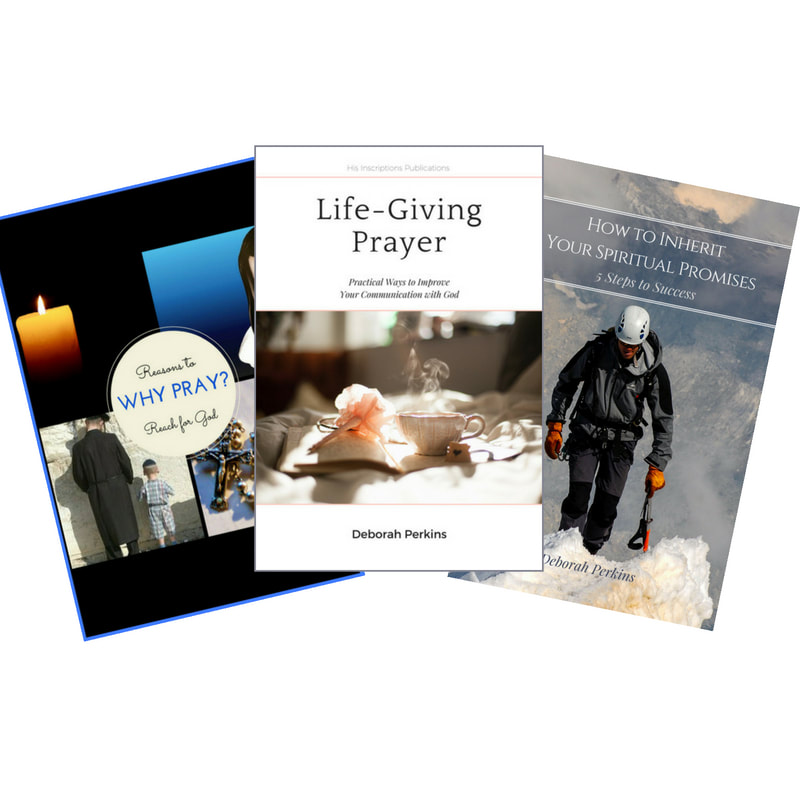|
Are you ready to respond to an emergency? Would you be an effective leader in the midst of a crisis? How are you reacting to the disasters we are seeing on an international scale - would you be prepared to face one in your community? As a little girl, my greatest ambition was to become a nurse. Somewhere around age 7 or 8, I had a minor "emergency" of my own. I broke my leg in a biking accident. It was a spiral fracture of the tibia, I think. Stuck beneath my bike wheel, I couldn’t move my leg because of the pain. I cried for my baby sister (then 3 or 4) to go and get help, but she laughed and kept on biking. She was too little, too carefree, to understand. I cried for my father, who was mowing the lawn at the time and could not hear me for the noise of his motor. After what seemed like hours of yelling at the top of my lungs, I finally convinced my sister to run and get my mother, who was inside the house. By then I was upset, frustrated, and terrified. What happened next made such an impact on me that I never forgot it. A trip to the hospital was in the cards, and I was placed on an exam table by a nurse. Hers was the first smiling face I had seen in several hours, and her kind eyes made contact with mine and calmed me. Gently, she explained that they would need to take an x-ray, which meant straightening my leg. I panicked. I knew my leg would not straighten without pain. But this nurse knew how to position my leg just so. In an instant, my leg was straight, and it had not hurt at all! I was astonished, and I marveled at her ability to turn a painful and scary situation into one that radiated peace. I remember not wanting to leave that nurse to go to the casting room. To alleviate pain and suffering – that was miraculous! To be so calm in the midst of a 7-year-old’s crisis – that was amazing! I decided right then and there that I would devote my life to becoming a nurse. Every scrapbook from subsequent years of my childhood bears notes in my mother’s handwriting to the effect that I would be a nurse when I grew up. Although in the end I never pursued a nursing degree, I have chosen – perhaps unconsciously - to reach people in crisis, not only to alleviate their pain, but to extend the love and hope of Christ. I've spent countless hours ministering, praying, counseling, doing missions work, and even training as a volunteer first responder for my community. All because of a “first responder” who took her job seriously and made a powerful impact on me. Retired USCG Rear Admiral Mary Landry calls this “purposeful work.” The desire to help others is a defining quality of those whom we call “first responders” in our communities: people like policemen, firemen, EMT’s, the military, and those involved in humanitarian work. Emergency Management from a Spiritual PerspectiveI had the honor of spending the day with 700 Massachusetts first responders last week, at MEMA’s* annual training conference. The theme of the conference was “Effective Leadership During Crisis.” As I listened to the speakers, the Holy Spirit began showing me the need for believers to think of themselves as spiritual “first responders.” He seemed to be asking: "Are you ready to reach lost, wounded, and dying souls with all the peace, benefits, and resources of the Kingdom?" I thought of the end times. We are closer than ever to the types of crises, or tribulations, that the book of Revelation describes. We are also closer than ever to revival. Many of my friends are diligently preparing themselves for emergencies, storing up food, water, and other necessary items. Like the nurse I admired, they are ready to deal with what’s called a “routine” emergency. But what about compounded or extended large-scale crises, the events for which we have no standard "recipe" for our responses? Dutch Leonard of Harvard’s Kennedy School of Government, explains it this way: in recent years, our nation has become very good at responding to what he calls “routine” incidents. If there’s a fire or a flood, you send the fire department. If there’s an active shooter, you send the police. You follow the recipe. However, when disasters are extended or compounded (as with “Snowmaggedon” in Boston or the Oil Spill in the Gulf), the incident transcends standard responses. Suddenly we need to get out of the box, so to speak, and join forces with others to define a more creative and effective response. Traditional methods don’t work in unprecedented events. For example, the National Guard is prepared to clear up to 4 feet of snow in Boston at a time. But 15 feet? 20? They are prepared to plow for one night, or maybe two, without sleep. But a week of storms? Or a “Sandy” level hurricane? Suddenly, a cross-disciplinary response is required. We need reinforcements. We need to work together and we need to find creative responses in these novel situations. Some of the most pressing needs in our communities are identical to those in the church. In both natural and spiritual emergencies, we must move beyond pleasing our “constituencies” to serving each other sacrificially. Just as a standard emergency-response framework will be inadequate in a multi-level crisis, so a denomination-oriented church cannot provide a unified response to either tribulation or revival. There is a critical need for us to work together in crisis, to lay aside doctrinal differences of opinion and selfish ambitions and focus together on spiritual restoration. Historical ExamplesThink of Joseph, an Israelite, who helped the Egyptians prepare for an extended famine. Led by the Holy Spirit, Joseph was motivated through a dream to respond to impending crisis. (See Genesis 41-47) His was an “out of the box” response! Joseph both worked with and provided for people he considered unbelievers, in a large-scale disaster that affected thousands. Or consider a positive, large-scale spiritual event such as revival. When God brings revival, He doesn’t touch just a handful of people. Revival, like disasters, impacts thousands. If you read Jonathan Edwards’ accounts of the New England-based revival in the 1700’s, you find immediately that in the midst of a wonderful outpouring of the Holy Spirit across his state, every pastor, church, and believer needed to work together to respond to what amounted to a gigantic “crisis of the soul.” The unsaved were crying out for help, asking how to deal with the unbearably deep conviction they felt in their souls. Day and night, people were pounding on the doors of the church, looking for hope. Someone needed to be available to tell them about Jesus. Are we ready for this? Are we the types of friends who will get up at midnight to provide spiritual bread for those who ask? Are we ready to work with believers outside of our own church or denomination to advance the Kingdom of God? A Final Lesson from BostonRetired Boston Police Chief Dan Linskey said something unique in his message on leadership in crisis. He stated: “It’s in the breaking of bread, not the exchanging of business cards.” Trusted relationships with others are far more valuable than a Rolodex full of potential contacts. Dan was the incident commander-in-charge during the Boston Marathon bombings. I do not know if he is a believer. But in the midst of utter chaos that day, Dan said it was the people with whom he had drunk beers, shared meals, and built trust beforehand that helped him the most. In the midst of all the FBI, police, and medical activity happening on scene, it was the friend who stuck his head in the trailer and asked Dan, “What do you need right now? What can I do for you?” that mattered most. Why? Because Dan’s kids were home alone, and he needed someone to get to them. ConclusionI don’t think it’s an accident that Chief Linskey referred to the “breaking of bread.” It’s a picture of where Jesus wants believers to be: in intimate fellowship with each other and in communion with God. Only then will we be ready for whatever crisis comes next. MEMA’s challenge to “work together” in crisis applies to believers, too. As God has challenged me, so I want to challenge you to move beyond traditional or denominational responses and work together under Jesus, your Divine Commander in Chief. Are you ready to extend all the peace, benefits, and resources of the Kingdom to a lost and suffering world?
Prayer: Father, I believe You have called me to be a “first responder” for Your Kingdom. Train me to be ready. Show me what I should be doing to prepare for both natural and spiritual crises, so that when they come I am available to reach others with Your peace, grace, and love. Give me the kind of calm, steady spirit that a first responder needs. Help me to use this “downtime” to break bread even with those outside of my usual sphere. I choose to build relationship with others throughout Your Kingdom, to strengthen Your Kingdom’s corporate response in both the revivals and the trials. Amen!
c. Deborah Perkins / His Inscriptions.
*MEMA is the Massachusetts Emergency Management Agency, a division of FEMA and Homeland Security.
Deborah Perkins is passionate about connecting others with God. She writes about knowing God and hearing His voice at HisInscriptions.com. To subscribe to her free weekly blog, click here.
|
Free Link to the Subscriber Resource Library when you join His Inscriptions!
About
Deborah Perkins Categories
All
Archives
June 2024
AuthorA severe hearing loss from childhood caused Deborah Perkins to develop what she now calls her secret weapon: tuning in to God's voice. A Wellesley College graduate and an award-winning writer, Deborah is now a wife and mother of 3 boys. Deborah has devoted over 25 years to professional and lay Christian ministry in New England and beyond. Her passion is inspiring people to cultivate greater intimacy with God. |



 RSS Feed
RSS Feed






